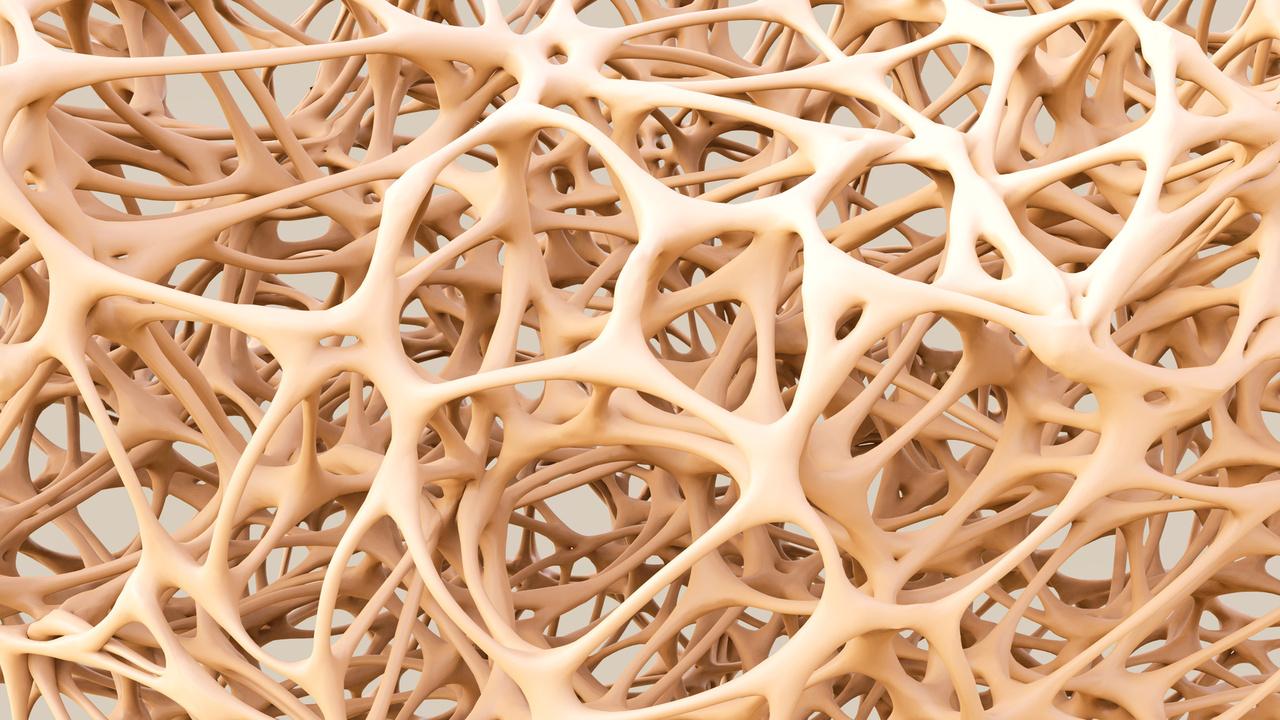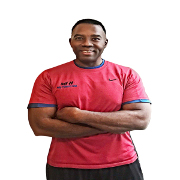Females have significant medical risks from overtraining (especially athletes). According to the National Institute of Arthritis and Musculoskeletal and Skin Diseases (NIAMSD), some female athletes see amenorrhea (the absence of menstrual periods) as a sign of successful training. Missing your periods can be a sign of decreased estrogen levels, which can lead to osteoporosis.
Females who overtrain to the point that their periods stop can develop brittle bones and have bone fractures at an early age. According to NIAMSD, some 20-year-old female athletes have been said to have the bones of an 80-year-old woman! The Institute goes on to report that even if bones don’t break when you’re young, low estrogen levels during the peak years of bone-building, the preteen and teen years, can affect bone density for the rest of your life. And studies show that bone growth lost during these years may never be regained.
Broken bones and fractures due to osteoporosis can have lasting postural problems such as “stooped postures.” These “stooped postures” are not a natural cause of aging — spines can be permanently damaged!
Girls and women who regularly overtrain or use severe calorie restriction to lose weight are also at risk for many health problems such as bone loss, bulimia or anorexia. If you are “too thin” as an exercising female, you need to take precaution and take care of yourself! If you work out every day, that would be overtraining! You need at least one day of rest from exercise every week. And, some weeks, you may need two days of rest. Listen to your body!
According to NIAMSD, females should look for these warning signs when it comes to exercise and overtraining:
–Missed or irregular menstrual periods.
–Extreme or “unhealthy-looking” thinness.
–Extreme or rapid weight loss.
–Behaviors that reflect frequent dieting, such as eating very little, not eating in front of others, trips to the bathroom following meals, preoccupation with thinness or weight, focus on low-calorie and diet foods, possible increase in the consumption of water and other no-and low-calorie foods and beverages, possible increase in gum chewing, limiting diet to one food group or eliminating a food group.
–Frequent, intense bouts of exercise (e.g., taking an aerobics class, then running five miles, then swimming for an hour, followed by weight-lifting).
–An “I can’t miss a day of exercise/practice” attitude.
–An overly-anxious preoccupation with an injury.
–Exercising despite illness, inclement weather, injury and other conditions that might lead someone else to take the day off.
–An unusual amount of self-criticism or self-dissatisfaction.
–Indications of significant psychological or physical stress, including: depression, anxiety or nervousness, inability to concentrate, low levels of self-esteem, feeling cold all the time, problems sleeping, fatigue, injuries and constantly talking about weight.
My saying is always this: Don’t wreck your body in the quest for fitness!
Mark Dilworth, Certified Personal Trainer
Her Fitness Hut
http://herfitnesshut.com






Add a CommentComments
There are no comments yet. Be the first one and get the conversation started!